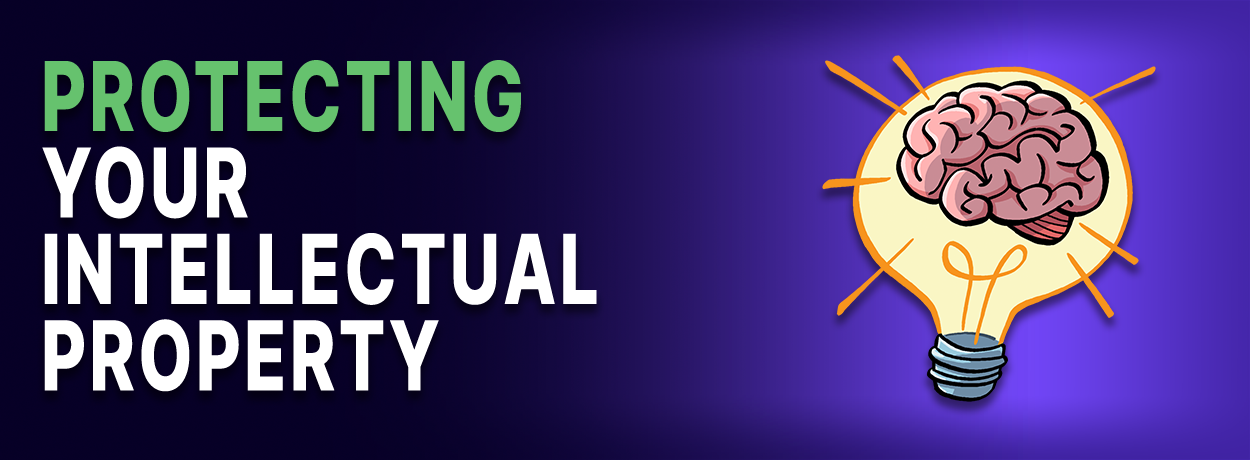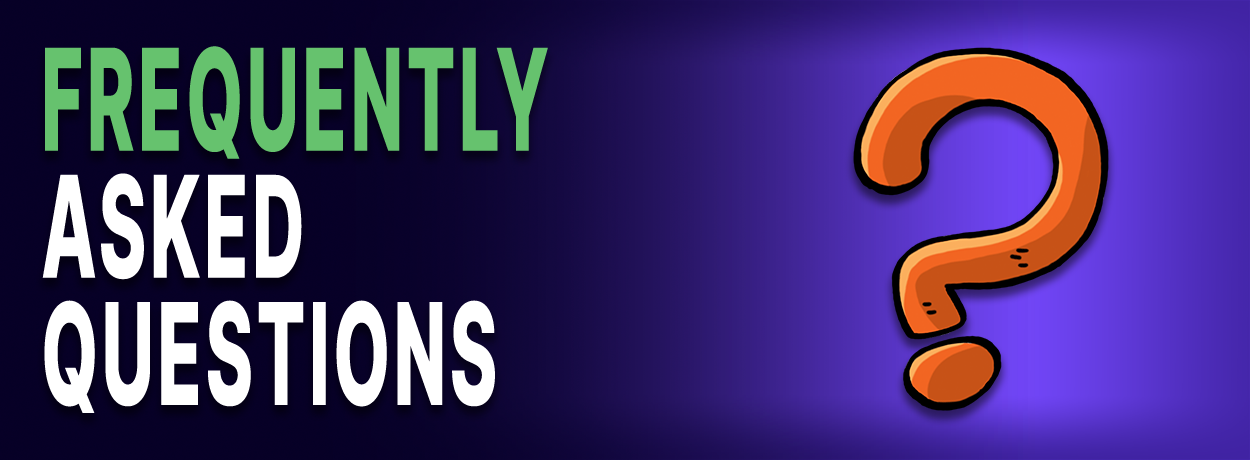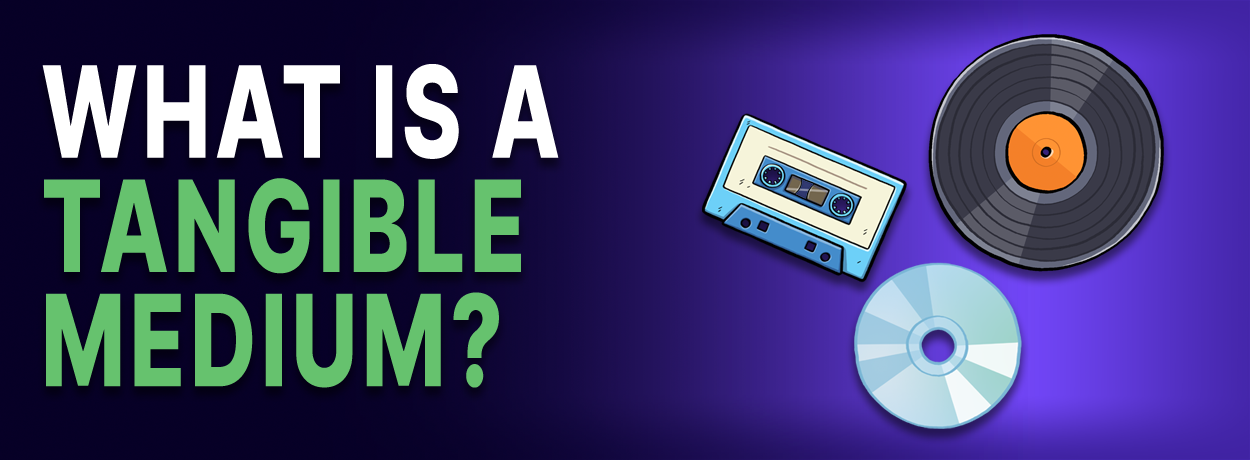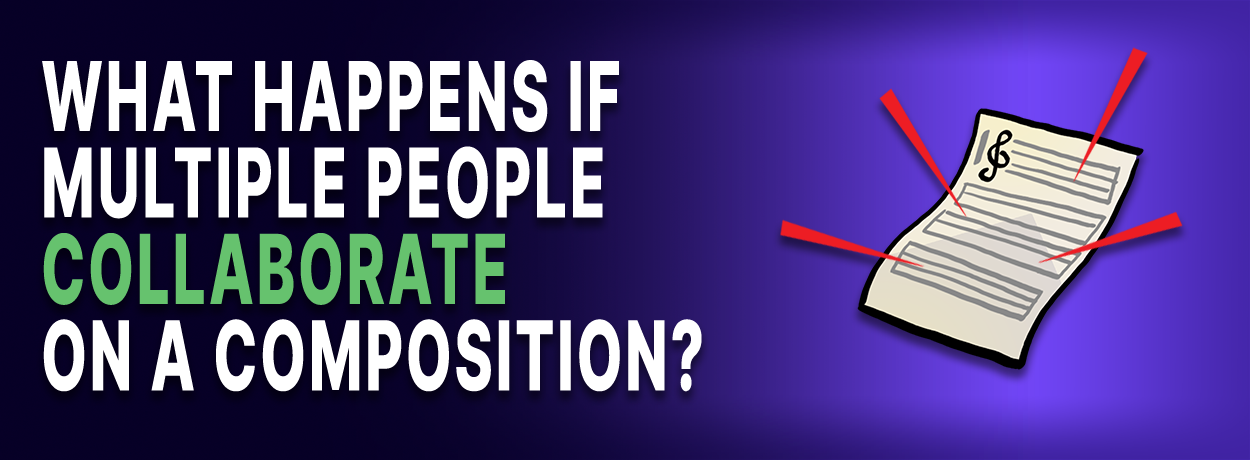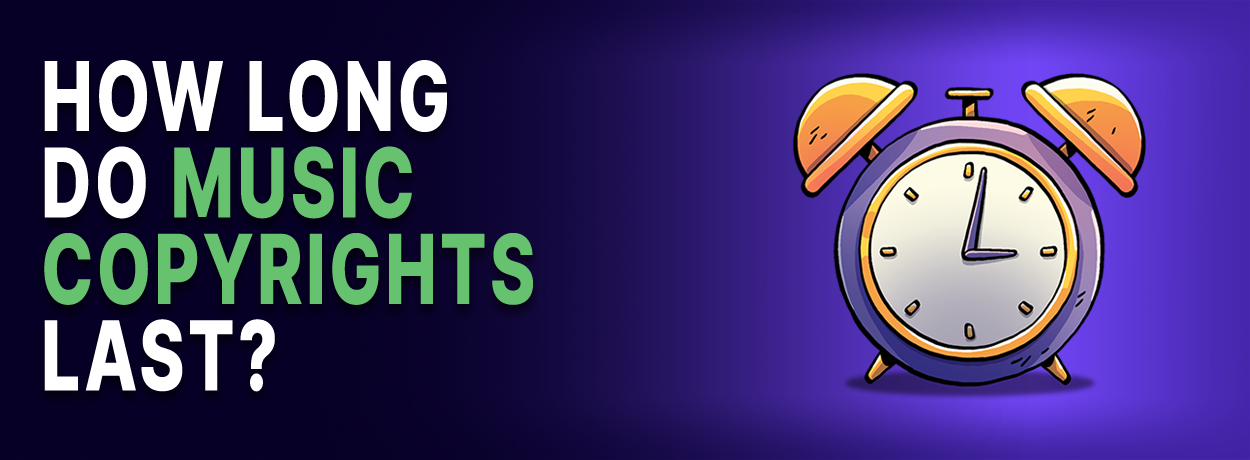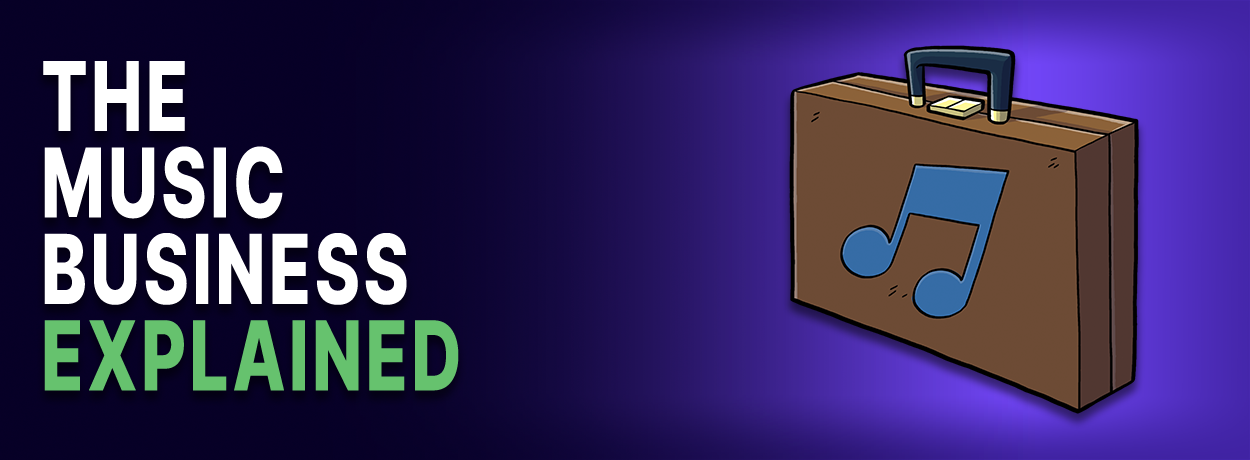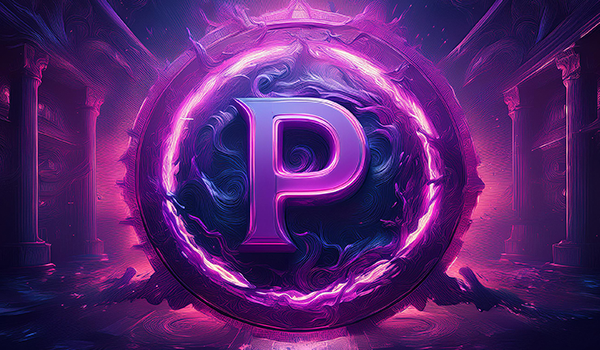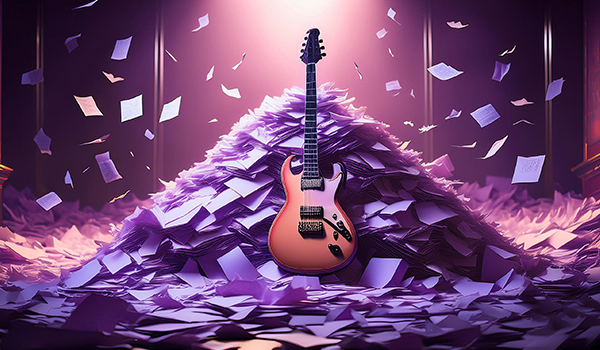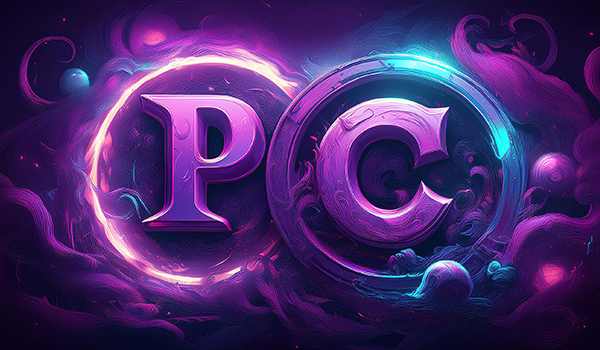
Why These Copyrights Matter: Revenue, Legal Protection, and Creative Control
Navigating the world of music copyright can be challenging, but it’s essential for protecting your work and understanding your rights.
Copyright protection ensures that your work is legally safeguarded, providing you with the exclusive rights to use and distribute your music.
Each recorded song has two copyrights: one for the sound recording and one for the musical composition.
This article will explain the differences between these two types of copyrights and why they matter.
Copyright: Understanding Your Golden Tickets -- Key to Your Music Revenue
You have two copyrights in each of your songs – a sound recording copyright and a musical composition copyright. When you use, license or sell these rights you can open the door to major revenue streams.
In fact, these copyrights are often the primary source of income for artists.
Understanding these copyrights is essential for several reasons:
-
Revenue Streams: Each copyright generates different types of royalties, maximizing your income.
-
Legal Protection: They provide the basis for legal action against unauthorized use.
-
Creative Control: They determine who has the right to reproduce or perform the work.
Copyrights can be the "golden ticket" for artists. They open the door to major revenue streams, ensuring that you get paid whenever your music is used, performed, or distributed.
By leveraging these rights, you can significantly boost your earnings and maintain control over your creative output.
Lets Learn about Musical Composition Copyrights (©) and Sound Recording Copyrights (℗)
Musical Composition Copyrights (©)
The musical composition copyright protects the music and lyrics of a song. This is represented by the © symbol. Music publishing involves the promotion and monetization of your songs, ensuring you receive royalties for their use.
It covers the underlying work that can be recorded by different artists, sampled, or arranged in various ways. Think of it as the blueprint of your song.
Sound Recording Copyrights (℗)
The sound recording copyright, symbolized by ℗, pertains to the actual recorded performance of the song. This is the specific version that you or your band recorded in the studio.
Each unique recording of a song will have its own sound recording copyright. One musical composition copyright can be embodied in many different sound recording copyrights. This includes live recordings, re-records, or cover versions of your song.
Protecting Your Intellectual Property
The minute you commit your song or recording into a tangible medium you have an automatic copyright. However, to fully protect your musical intellectual property you will need to register it with the US Copyright Office (see the FAQ section below)
These rights are what you end up licensing or selling and contribute to a significant portion of the revenue you will make as an artist.
Understanding your copyrights and how to protect and exploit them is crucial for any music creator. Below are some frequently asked questions to help clarify these concepts.
Frequently Asked Questions (FAQs) around Copyright in music
How do artists get paid for publishing?
Artists get paid for publishing through royalties collected by performance rights organizations (PROs) like ASCAP or BMI. These organizations track the usage of the music and distribute payments to the copyright holders.
Other examples of publishing revenue include mechanical royalties generated from sales and streams, as well as print licensing and sync licensing fees for the use of music in TV, films, and advertisements.
How can I earn publishing revenue if I'm self-published?
If you're self-published, you can earn publishing revenue by directly registering your songs with performance rights organizations (PROs) like ASCAP or BMI to collect performance royalties.
You can also receive mechanical royalties by working with agencies like the Harry Fox Agency or the Mechanical Licensing Collective (MLC).
Additionally, you can seek out sync licensing opportunities yourself by networking with music supervisors and submitting your music to licensing libraries.
How do I legally copyright my music?
While your music is automatically protected as soon as it's recorded or written down in a tangible medium, registering it with the US Copyright Office gives you stronger legal rights, like the ability to sue for damages if someone uses your work without permission.
You can follow the link to register your music online at the U.S. Copyright Office's website. The process typically costs between $65 and $85.
What is a tangible medium?
A tangible medium refers to a physical form in which intellectual property (IP) is fixed and can be perceived, reproduced, or otherwise communicated.
Examples include recordings, sheet music, and voice memos on your phone, ensuring the work is accessible and can be shared or copied.
Who owns the copyright to the musical composition?
The copyright to a musical composition is owned by the songwriter(s) or composer(s) who created it.
Music publishers manage the rights of songwriters, ensuring they receive compensation for their work. If multiple songwriters collaborated on the composition, they share the ownership.
This means they have the exclusive rights to reproduce, distribute, and perform the composition.
Is a sound recording intellectual property?
Absolutely, a sound recording is considered intellectual property and protected by copyright law, which grants the owner exclusive rights to use and distribute the recording.
Is a musical composition intellectual property?
Yes, a musical composition is intellectual property. It is protected by copyright law, granting the composer exclusive rights to use, distribute, and license the music and lyrics they've created.
Who usually owns a musical composition copyright?
The copyright for a musical composition is typically owned by the songwriter(s) or composer(s) who created the music and lyrics.
This ownership grants them exclusive rights to reproduce, distribute, and perform the composition.
What happens if multiple people collaborate on a composition?
When multiple people collaborate on a composition, they typically share ownership of the copyright. The specific split of ownership can vary based on the contributions of each collaborator and any agreements made between them.
It is common practice to use split sheets to document each person's share of the composition rights
Do publishers ever own musical composition copyrights?
Yes, publishers can own musical composition copyrights, but this typically occurs when the songwriter or composer transfers or assigns their rights to the publisher.
This allows the publisher to manage the copyright, including licensing and royalty collection, on behalf of the songwriter or composer
Who usually owns a sound recording copyright?
The sound recording copyright is typically owned by the recording artist, producer, or the record label. Recording artists often own the sound recording copyright, but this is more common with independent projects. This ownership is often determined by the contractual agreements made during the recording process.
If an artist is signed to a major record label, the label usually owns the sound recording copyrights, often referred to as the “masters,” now more commonly referred to as simply "the recordings." This allows the label to control the distribution, licensing, and monetization of the recorded performances.
In independent or self-funded projects, the artist or producer who financed the recording sessions generally retains ownership of the sound recording copyrights.
This ownership grants them the right to distribute, sell, and license the recordings, maximizing their control and potential revenue streams.
What are the master rights of a sound recording?
Master rights refer to the copyright ownership of the original recording of a song, known as the master recording. These rights are typically held by the record label or the artist, depending on the contract.
Owning the master rights allows the holder to control the use and distribution of the recording, including licensing it for films, commercials, and to streaming services.
Can a musical composition be patented?
No, a musical composition cannot be patented. Patents are for new inventions and processes, while musical compositions are protected by copyright law. Copyright covers the creative expression of the music, like the melody and lyrics, giving the creator exclusive rights to use and distribute their work.
How long do music copyrights last?
-
In the United States, music copyrights last for the lifetime of the creator plus 70 years after their death. For works made for hire, like music created for a movie, the copyright lasts for 95 years from publication or 120 years from creation, whichever is shorter. There is a difference between sound recording copyrights and musical composition copyrights.
-
The copyright for a musical composition, which includes the melody and lyrics, lasts for the lifetime of the composer plus 70 years. In contrast, the copyright for a sound recording, which is the actual recorded performance of the composition, generally lasts for 95 years from the date of publication or 120 years from creation, depending on the circumstances.
Can I sell my music composition copyright?
Certainly, you can sell your music composition copyright. When you sell your copyright, you transfer your ownership rights to another party, such as a music publisher, giving them control over how the composition is used, distributed, and licensed. This is done through a legal agreement.
You should consult with an entertainment lawyer to ensure the terms are clear and fair, or join Creative Intell so you can confidently make these determinations yourself.
Can I use copyrighted music if I give credit?
No, giving credit does not give you the legal right to use copyrighted music. You always need permission from the copyright owner, which usually involves obtaining a license to use the music legally.
How can I use any music without copyright?
To use music without copyright, you can look for public domain music or music licensed under Creative Commons. Public domain music is free to use, but it typically includes older works, like those published before 1923.
Websites like FreePD, Musopen, and the YouTube Audio Library offer copyright-free and royalty-free music. Always check the specific licensing terms to ensure you comply with any requirements, such as giving credit to the creator.
Do producers get musical composition royalties?
Yes, but only if they contribute to writing the song, such as the melody or lyrics. In such cases, they are considered co-writers and entitled to a share of the composition royalties, which are collected through performance rights organizations (PROs) like ASCAP, SESAC, AllTrack or BMI.
How do you prove copyright infringement on music?
To prove copyright infringement on music, you need to demonstrate two main elements: access and substantial similarity.
-
First, you must show that the alleged infringer had access to your work, meaning it was reasonably possible they encountered your music.
-
Second, you must prove that the infringing work is substantially similar to your original composition in terms of melody, harmony, rhythm, or lyrics. Expert testimony from musicologists and detailed comparisons of the musical elements can help establish these points in court.
The Music Business Explained
This is a good introduction to how these two major music copyrights work, but of course there's considerably more to it than what we can cover in just one blog post.
For example, a complete list of the exclusive rights that come with copyright ownership, how each one is a potential source of income, and how best to pursue that money as an artist, producer, indie label or artist manager.
To complete your understanding of copyright law and intellectual property in the music business, join Creative Intell and take advantage of our comprehensive education on the subject.
We have a library of easy-to-follow courses on the music industry and its many contracts, all populated with animated video's from our exclusive The Intells educational series that makes learning this material fun and compelling.
Combined with real-time support from our team of subject matter experts, if you're in the business of music or would like to be, you won't find more accurate, up-to-date, and practical knowledge on the industry anywhere else.
Disclaimer language:
Creative Intell is not affiliated, nor associated in any way, with any third parties referenced herein, nor their respective goods or services. Any and all third-party tradenames, trademarks, and/or service marks referenced are used for informational purposes only, and are the exclusive property of their respective trademark owners.
Tags:
Music Business 101



